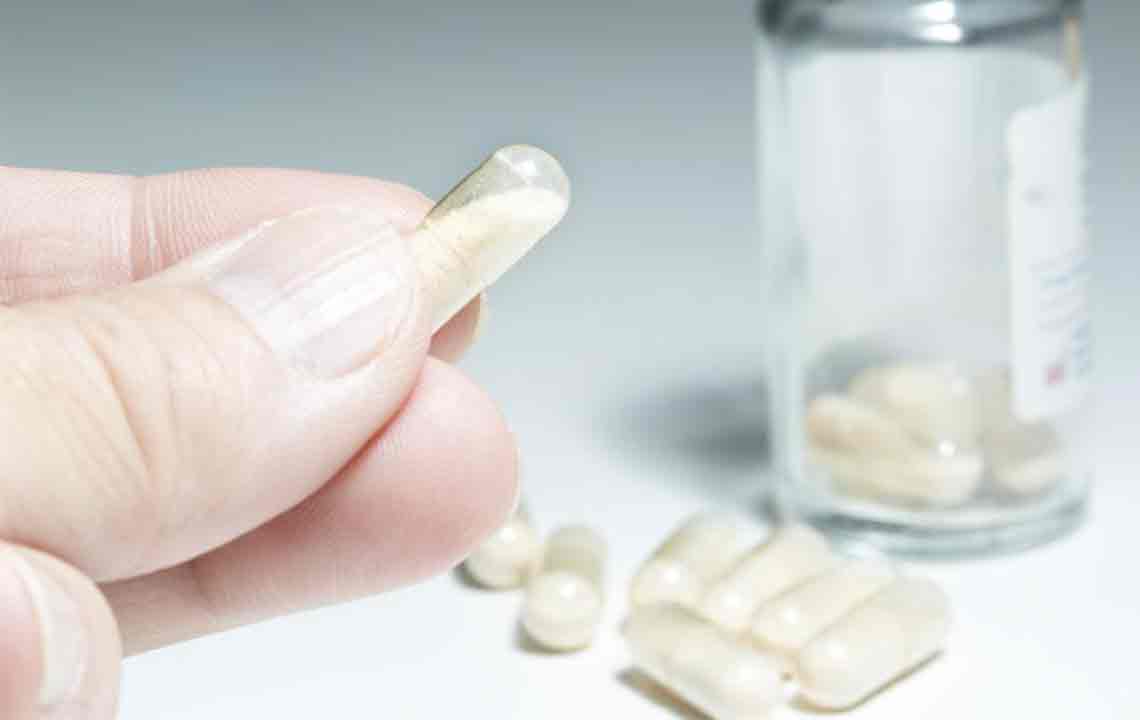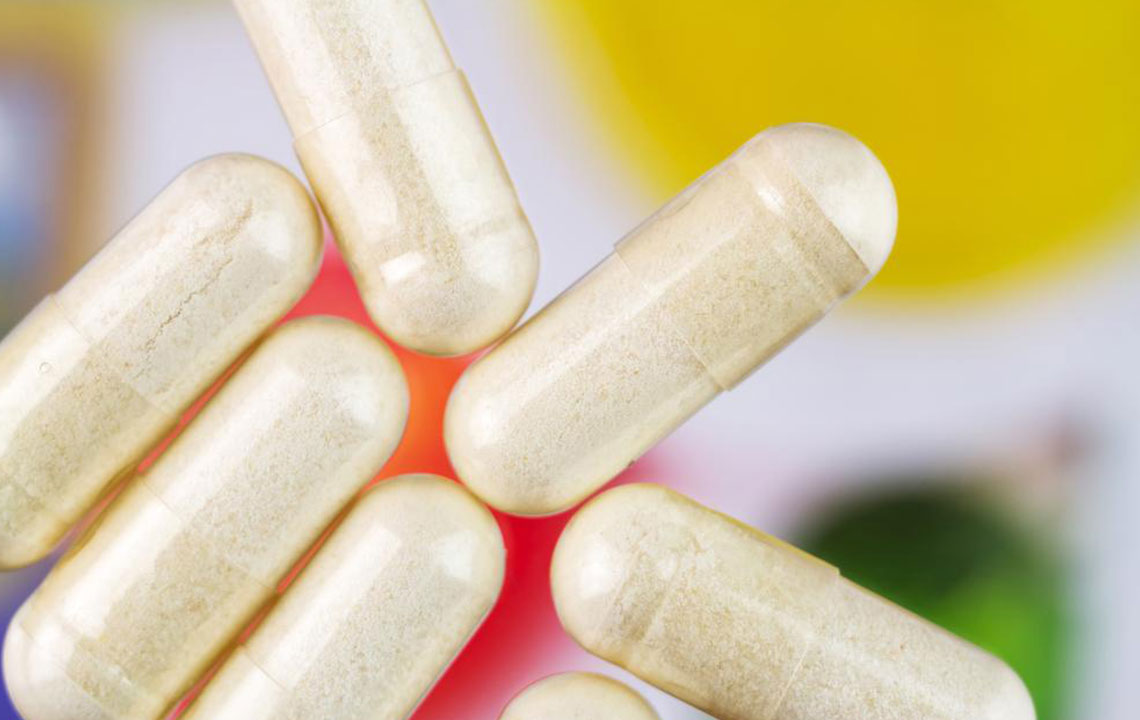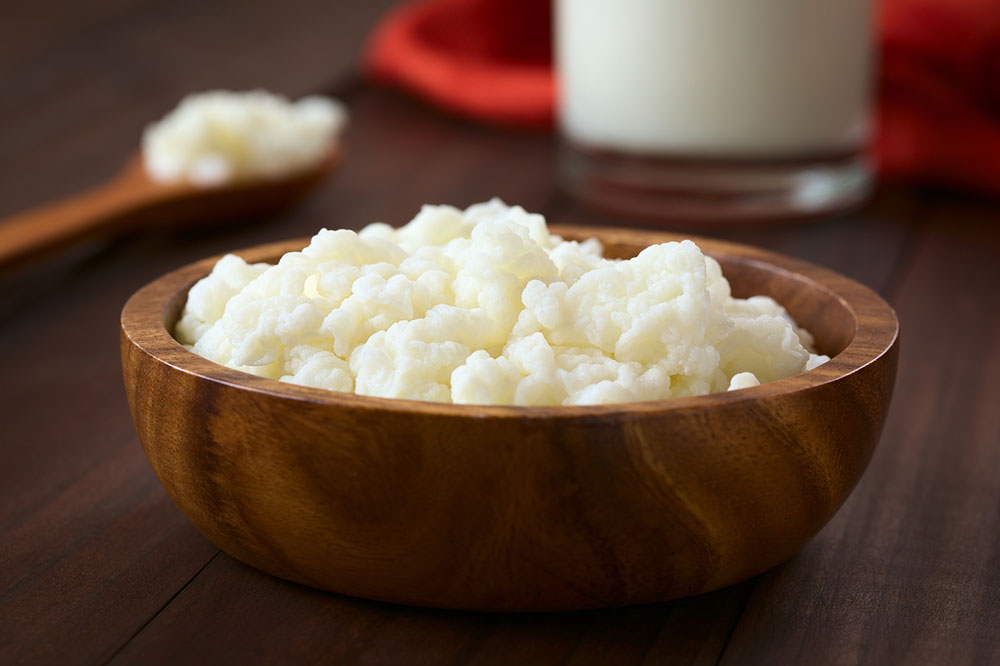The Role of Probiotics in Managing Various Types of Diarrhea for Better Gut Health
Probiotics play a vital role in managing different types of diarrhea by restoring gut flora, supporting immunity, and reducing symptoms. This article explores the causes, types, and effective probiotic therapies for diarrhea, emphasizing their benefits for digestive health and disease prevention. Learn how incorporating probiotic-rich foods and supplements can promote gut balance, especially for infection-related diarrhea, antibiotic use, and travel ailments. Consulting healthcare professionals before use ensures safe and effective probiotics integration into your health routine, making gut health management more accessible and scientifically supported.

Harnessing the Power of Probiotics to Treat Different Forms of Diarrhea
Diarrhea is a common gastrointestinal condition characterized by frequent, loose, or watery bowel movements that can occur multiple times a day. While often temporary, diarrhea can become severe if left untreated, leading to symptoms such as dehydration, skin dryness, and behavioral changes, especially in vulnerable populations like children and the elderly. Persistent diarrhea can also result in complications like skin discoloration, decreased urination, and electrolyte imbalances. Understanding the causes, types, and effective management strategies—including the use of probiotics—is essential for maintaining gut health and preventing severe health outcomes.
The primary cause of diarrhea is infection within the gastrointestinal tract, medically known as Gastroenteritis. This infection can result from bacteria, viruses, or parasites present in contaminated food or water sources. Often, transmission occurs through contact with infected individuals, especially in areas with poor sanitation. In addition to infectious causes, diarrhea can also be caused by dietary factors, medication use, or underlying health conditions, making it a multifaceted issue that requires comprehensive management strategies.
Historically, diarrheal episodes have been classified into three main types based on duration, symptoms, and causative factors:
Short-term watery diarrhea, commonly linked to cholera or acute bacterial infections
Short-term bloody diarrhea, also known as dysentery, often caused by invasive bacteria or parasites
Persistent diarrhea, which lasts for weeks or even months and may indicate underlying chronic conditions
Preventative measures are crucial in controlling diarrhea outbreaks. These include maintaining high standards of sanitation, frequent handwashing with soap, and consuming safe, clean drinking water. Rehydration solutions (ORS) and zinc supplements are widely recommended to prevent dehydration and reduce the severity of infection. With increasing recognition of the importance of gut health, probiotics have emerged as a significant supportive therapy, playing a role in reducing risk and mitigating symptoms of diarrheal diseases.
Understanding How Probiotics Aid in Diarrhea Management
Probiotics are live beneficial microorganisms that, when consumed in adequate amounts, confer health benefits to the host. They are naturally found in various fermented foods and dietary supplements. Our modern lifestyle, characterized by stress, poor diet, antibiotic overuse, and environmental factors, often disrupts the natural balance of gut bacteria, known as gut microbiota. This imbalance can lead to digestive disturbances such as diarrhea, bloating, and discomfort. Incorporating probiotics into your diet can restore and maintain a healthy gut flora, support immune function, and promote digestion.Eating probiotic-rich foods like yogurt, kefir, fermented vegetables, and certain grains helps nourish the gut with beneficial bacteria. These bacteria also contribute to the production of vital vitamins such as B12 and vitamin K, essential for overall health. Regular intake of probiotics supports a diverse and balanced microbiome, which is crucial for preventing infections and enhancing resistance against pathogens that cause diarrhea.
The effectiveness of probiotics depends on the strains used. Different probiotic strains offer specific health benefits; for example, Lactobacillus strains are predominantly found in the small intestine and aid in nutrient absorption and pathogen defense, while Bifidobacteria are more common in the large intestine and help regulate bowel movements. Probiotics facilitate the reduction of inflammation, improve gut barrier function, and restore microbial diversity after disturbances resulting from antibiotics or illness.
Probiotics have been shown to be particularly helpful in managing various types of diarrhea, including antibiotic-associated diarrhea, traveler's diarrhea, pediatric cases, and some inflammatory bowel conditions. When taken alongside rehydration therapy, probiotics can shorten the duration of diarrhea episodes and lessen severity. For antibiotics-induced diarrhea, probiotics help restore microbial balance after antibiotic treatment has wiped out beneficial bacteria. In children, probiotic supplementation has proven effective in reducing rotavirus-related diarrhea and speeding recovery. Although scientific evidence for probiotics' efficacy in traveler's diarrhea is growing, results vary based on strains used and individual health conditions.
It is important to consult healthcare professionals before starting probiotic therapy, especially for individuals with weakened immune systems or those taking immunosuppressive medications. While probiotics are generally safe, some may experience side effects like mild bloating, gas, or cramps during initial use. More ongoing research aims to elucidate the exact mechanisms by which probiotics influence gut health, their optimal strains, and dosages for specific conditions. Despite this, many healthcare providers recognize probiotics as valuable adjuncts to conventional treatment for diarrhea, with potential to improve patient outcomes and promote long-term gut health.
In conclusion, probiotics are an effective, natural tool for managing various forms of diarrhea. When combined with good hygiene, adequate hydration, and medical care, they can significantly reduce the burden of gastrointestinal infections. As scientific understanding advances, probiotics are increasingly becoming an integral part of comprehensive gut health strategies, helping millions worldwide maintain optimal digestive function and overall well-being.





